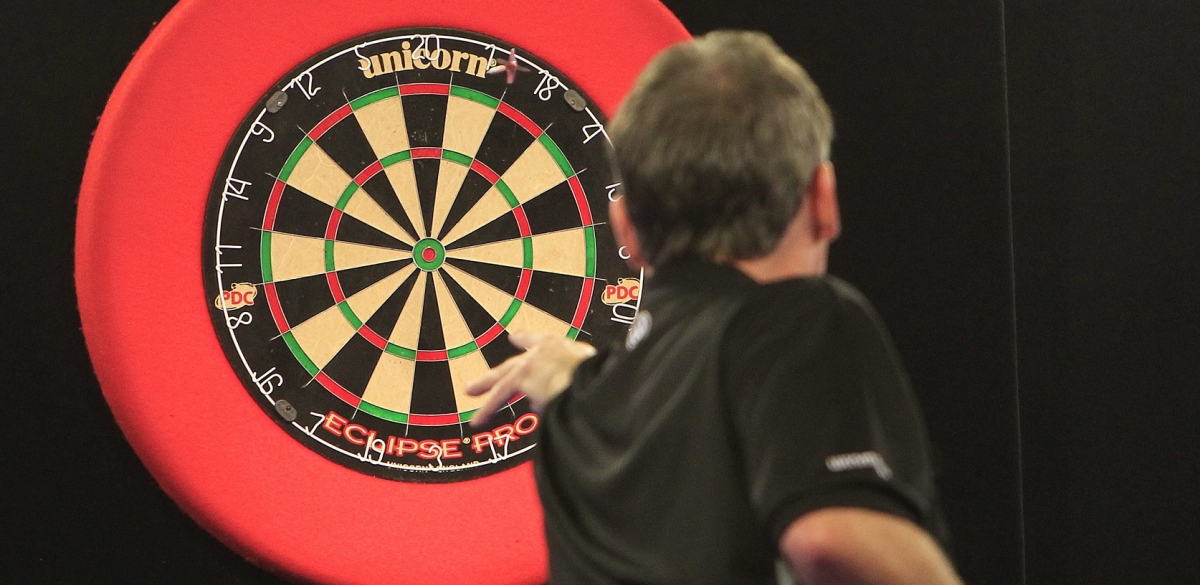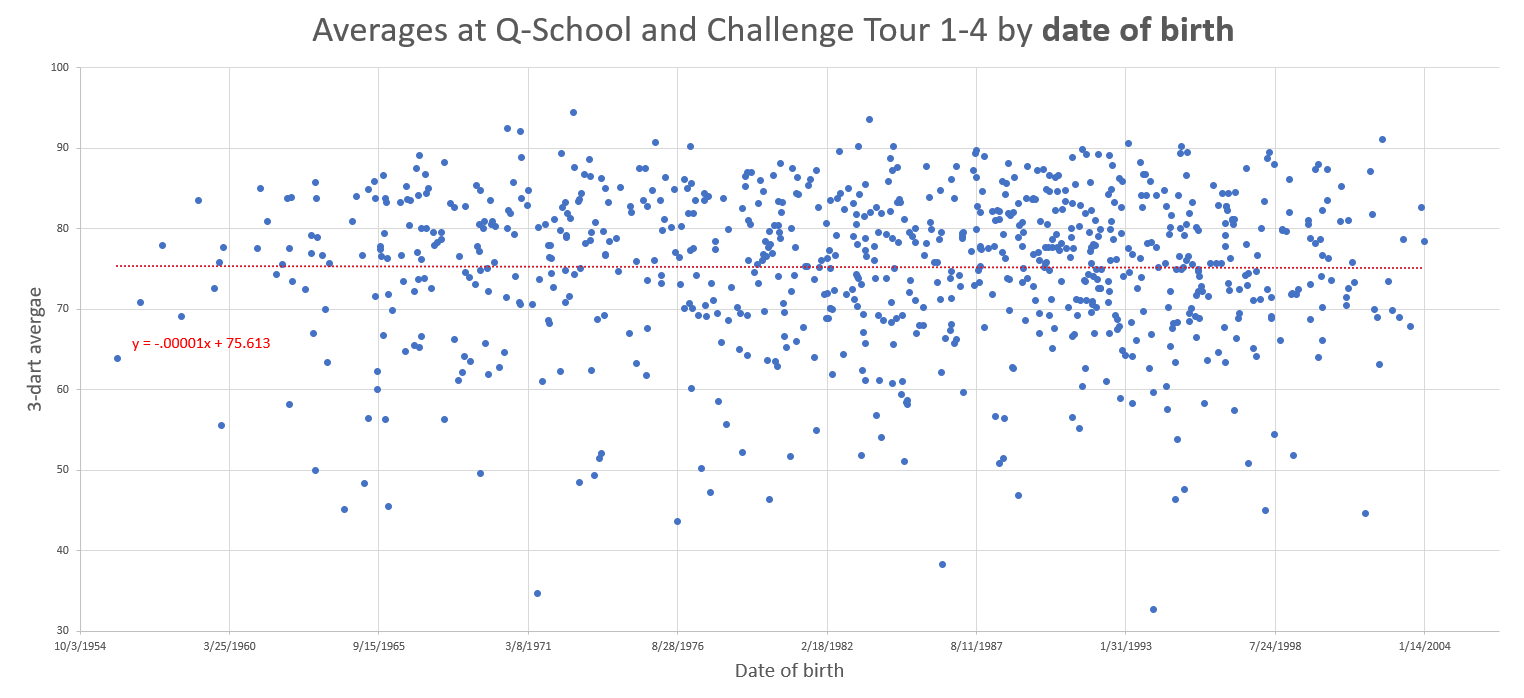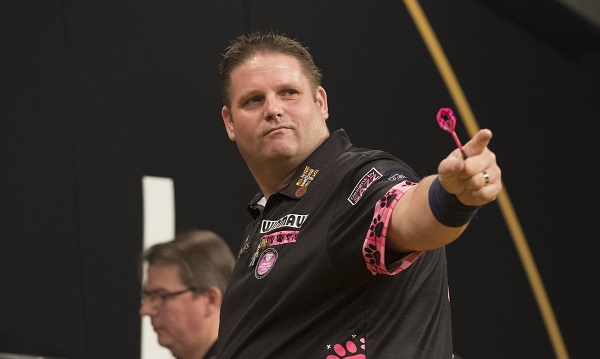
PDC stats analyst Christopher Kempf assesses any correlation between averages and age, based on the 2020 PDC Qualifying School and the opening weekend of the Unicorn Challenge Tour.
The 800-plus entrants of the 2020 Qualifying School encompassed nearly three generations, from Stephen Harbert (born 1956) to Beau Greaves (born 2004).
When Harbert was Greaves' age, there was no PDC; no World Championship; no World Masters; no televised coverage of darts.
Most darters threw brass darts at an elm board in a smoky pub and a prize fund of several hundred pounds would have been regarded as extravagant.
Today, even minor events are lavished with attention and sponsorship; the top players earn millions of pounds, sell out huge arenas and are watched by millions of fans worldwide. Truly, the darts milieu of today would be as unrecognizable to Jim Pike and Joe Hitchcock as the internet would have been to Shakespeare.
Most of the 800+ entrants of Q School fall somewhere in between those two extremes of darting history. This huge number of participants from all corners of the globe playing thousands of matches over the span of a week amounts to an experiment with which we can analyze the question: Is there any advantage to youth or seniority in darts?

On the one hand, one might expect there to be a slight upward trend in averages as players get younger. With so many more incentives to practice and excel, and with so much more support for aspiring professionals, it seems that they should have every advantage in outperforming their elders.
On the other, a compelling case could be made for the older players having an advantage overall. In a game so dependent on practice and muscle memory, a lifetime of rehearsal ought to outweigh volatile young players with erratic and uncertain throwing motions.
Phil Taylor, after all, was regularly beating players young enough to be his children well into his 50s.
But when we consider the averages and ages of all of the Q School participants, we cannot avoid the conclusion that there is no relationship whatsoever between three-dart averages and ages.
A regression line showing the best possible trend for the data is almost totally flat, indicating no significant change at all in averages as players get older or younger.

To be precise, Challenge Tour Event One winner Robert Collins (born 1979) would expect to average 0.03 points less than Challenge Tour Event Two winner Scott Mitchell (born 1970) solely due to the relationship between their ages - an utterly imperceptible difference.
In most sports, especially those involving feats of strength, flexibility or endurance, age and performance are very closely correlated.
There would be no doubt as to whether one would prefer a 20-year-old sprinter to a 60-year-old sprinter, or a 15-year-old gymnast to a 50-year-old gymnast, for instance.
Many others have less unequal relationships between these two variables, but still confer an advantage on the young. Darts is very special in that one can presume nothing at all about a player's skill solely from his age.
Regardless of whether the game stirs up nostalgia for its hardscrabble beginnings or its star-studded future, it offers everyone an equal opportunity to compete and excel.